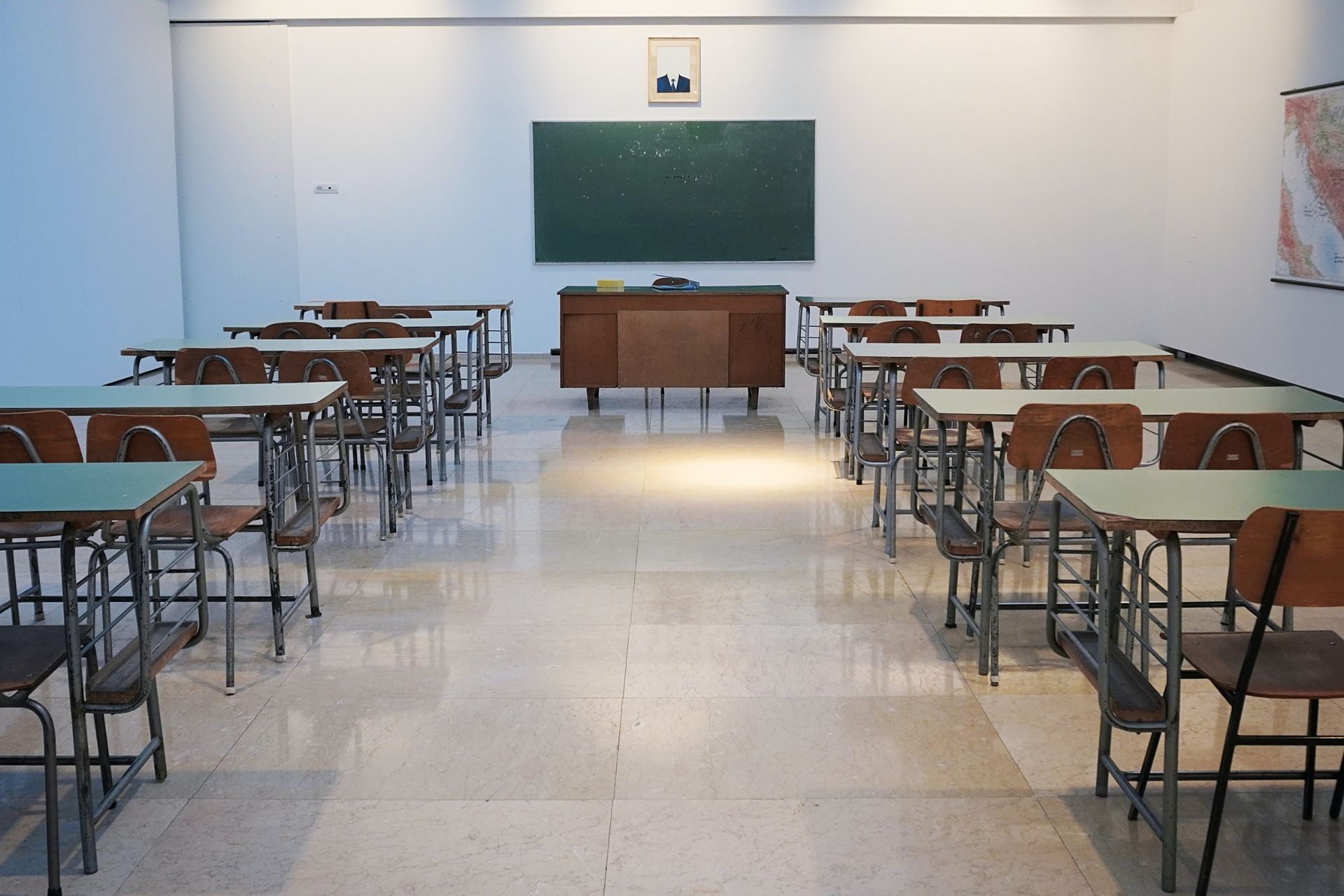
We are a reader-supported education publication. When you buy through links on our site, we may earn an affiliate commission to help us keep providing content.
Much of your behavior in and out of the classroom results from years of observational learning. In order to reap the benefits of observational learning, you must understand the importance of observation skills. What are observation skills? Is there anything you can do to improve your observation skills?
Discover the answers to these questions, learn more about observational learning and explore tips on how to become a more observant student.
What are Observation Skills?
Observation skills refer to your ability to use your five senses to gain information about your environment. We use observation skills every day from the moment we wake up in the morning to the time we fall asleep at night. Your observation skills form through your ability to see, smell, touch, hear and taste.
4 Examples of Observation Skills
Using your five senses, you can observe, analyze and critically think about your surroundings. Here are a few key examples of observation skills:
- Emotional Intelligence: The ability to evaluate and regulate emotions and empathize with others’ emotions.
- Communication: The ability to actively listen and respond appropriately while engaging in conversations with others.
- Attention to Detail: The ability to notice small, individual characteristics within your environment.
- Critical Thinking: The ability to use context and facts to analyze, evaluate and understand topics, solve problems and handle real-world situations.
These four examples are inextricably linked to other abilities and personal attributes.
For example, if you’re a student who has an attention deficit hyperactivity disorder (ADHD) diagnosis, it could impact your ability to pay attention to detail.
Understanding Observational Learning
In order to engage in meaningful, observation learning, four important components must occur:
- Attention
- Retention
- Reproduction
- Motivation
A student must feel ready to learn and in the right mindset to pay attention in class. Next, students have to retain their observations. Can they remember what information they received using their five senses?
The third stage is to reproduce an action or behavior. Students should be able to replicate an action they observed from an educator or other student, but only if they have the motivation to do so. Without the final stage, students would not be successful in observational learning.
A prime example of observational learning is job shadowing. Many college students will shadow someone in their prospective career to improve and apply their observation skills in a professional setting before entering the real world.
How to Improve Your Observation Skills
After learning more about observational learning, discover some tips below on how to improve your observation skills in the classroom.
Find Your Purpose
Identify and take inventory of which skills you have, and which you’d like to improve. For example, you might be an effective communicator, but do you engage in active listening? Choose one or two skills you want to practice and create a set of SMART goals to keep you on track.
Practice Mindfulness
Your ability to observe your environment requires you to be present, which is the foundation of mindfulness. Remaining focused is key to practicing mindfulness. Maybe you want to eliminate distractions while doing homework or try using more of your senses in the cafeteria. Practice different mindfulness techniques in your free time and apply them in the classroom.
Write Important Notes
Jotting down information can vastly improve your ability to retain it. Rewriting your class notes is a useful study technique, and it gets easier with practice.
Since retention plays an important role in observational learning, be sure to write down important notes throughout the school day. You’ll be surprised how many notes you can write about the things you’re observing with your five senses!
Becoming an Observant Student
As we come of age, we observe, learn and develop behaviors by observing others, including our parents or guardians, grandparents and other family members. Entering school also requires you to observe your teachers, who play the most significant role in your formal education. Use the tips above to help you improve your observation skills and reach academic success.









